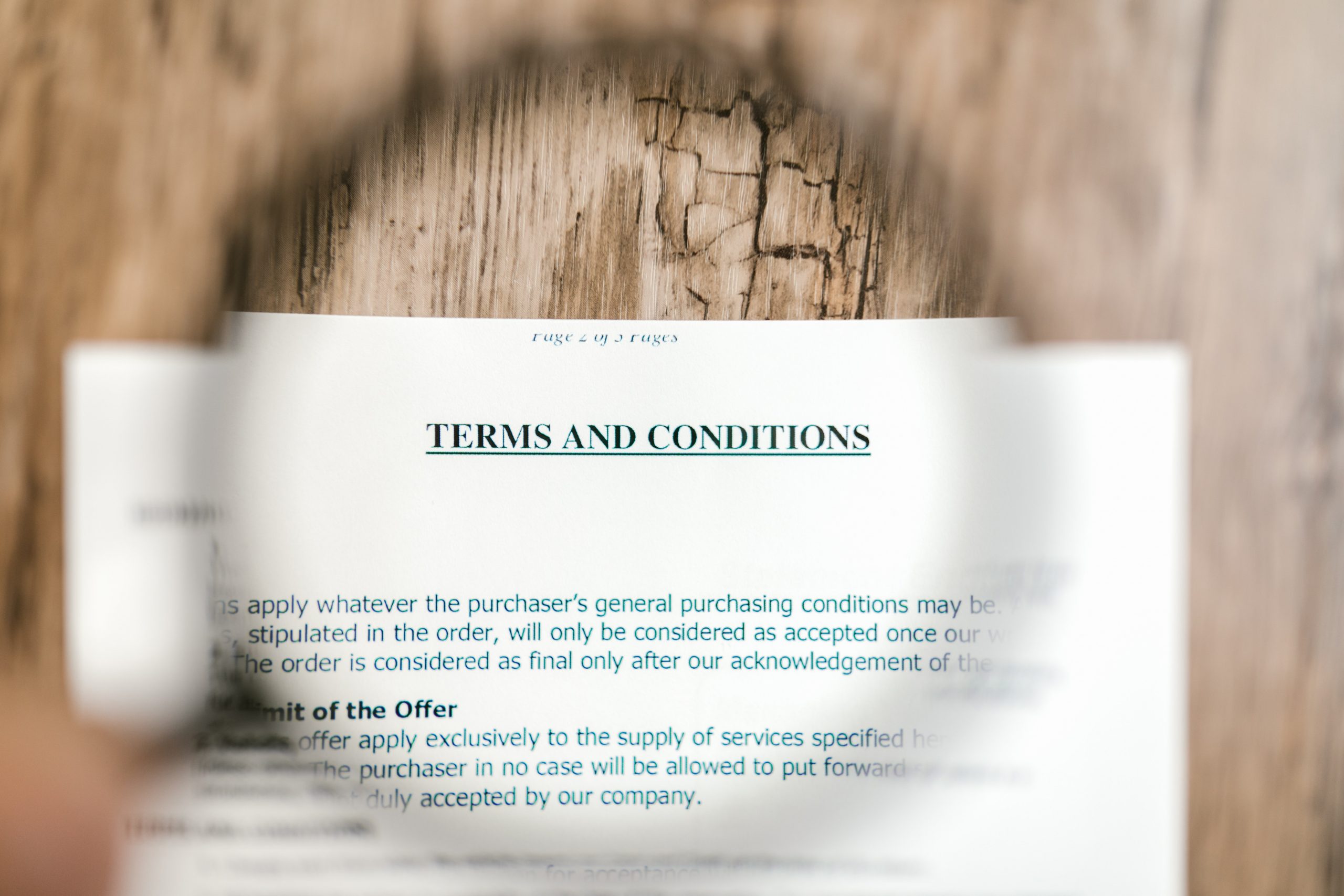
Of course, you have your rental property covered on your homeowner’s insurance policy. That’s a given. But should tenants also carry renter’s insurance?
While many tenants and even a few landlords believe that the homeowner’s policy also covers the tenant’s personal possessions, that is not the case. Unfortunately, this fact often becomes painfully clear only after a mishap or disaster produces a claim that will not be covered under the property’s insurance policy.
So, what is renter’s insurance? What does it cover?
First, the terms “renter'” and “tenant” policy reference the same coverage, an insurance policy for someone who pays rent for their place of residence. This type of policy helps to protect tenants by providing three basic types of coverage:
-
- Personal property: Covers the cost of repairing or replacing a tenant’s belongings in the event of theft or damage.
- Liability: A tenant is covered if found liable for injury to another person or damage to another person’s property.
- Additional living expense: Should the rental become uninhabitable due to damage, this coverage usually pays for living costs such as a hotel bill.
Beware of another common myth that renter’s insurance is only applicable to apartment renters. FALSE. Tenant’s insurance applies to anyone who rents a place to live.
So, should a landlord require tenants to have coverage?
While renter’s insurance is not required by law, landlords may choose to make it a requirement –including a stipulation requiring insurance in every lease agreement. Such a policy benefits both the landlord and the tenant in the event of theft, damage, or an accident.
For instance, in the case of a fire, a tenant may not only try to claim the landlord is responsible for the damage to the tenant’s personal property, but they may also press the landlord to provide alternate housing while the damage is repaired. Thus, an already difficult time is further complicated by squabbling over who is responsible for what. Too often, such disputes end up in court. But a renter’s insurance policy can avoid these complications altogether.
Keep in mind the need for additional coverage for floods and earthquakes. These calamities require a separate policy or a rider. A good rule of thumb is to require this additional coverage as part of a renter’s policy if you as the landlord have these specific coverages included in your homeowner’s coverage.
Require proof of continued coverage
The lease should note that proof of coverage will be required when the lease is signed and every year when the lease is renewed. Should an extended lease ever be offered, ensure that yearly proof of coverage is mandated in the rental agreement and followed up on by the landlord or management team.
Bottom line: Requiring tenants to purchase renter’s insurance before moving in protects both the renter and landlord by providing coverage for a multitude of mishaps—including the kind that people are sure will never happen – until it does.
About Rentals America
Rentals America offers a full range of property management services tailored to you as an investor, homeowner, or landlord. We have an extensive portfolio of single-family homes, townhouses, condos, and apartments in the area.









